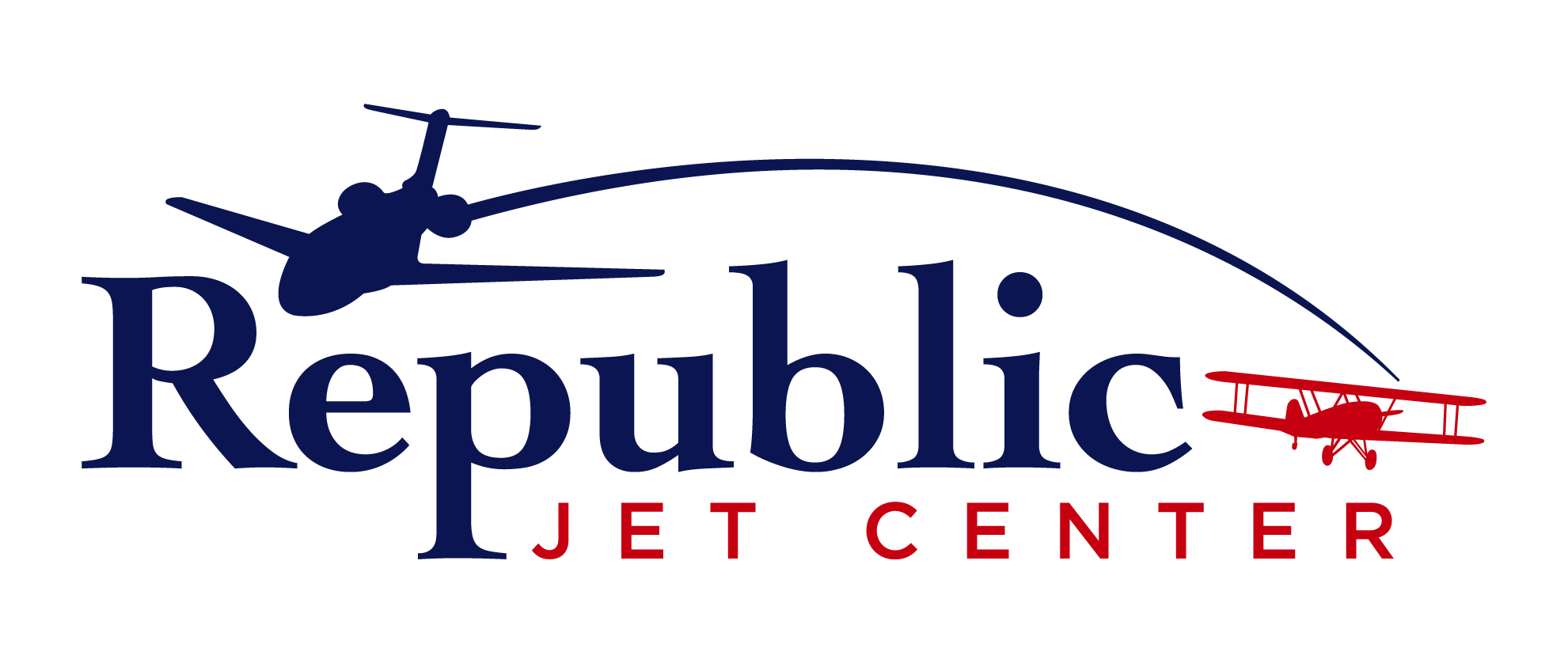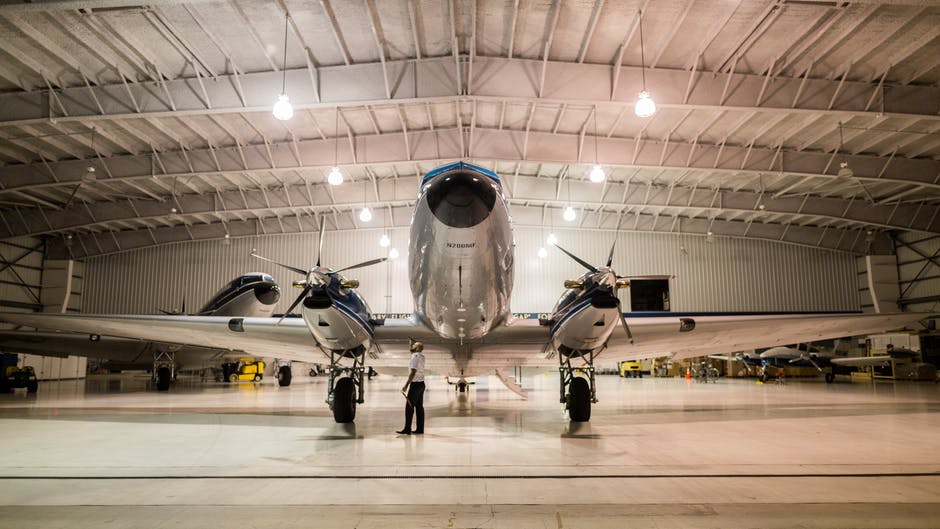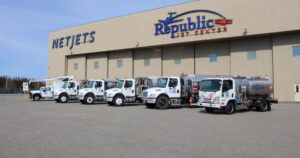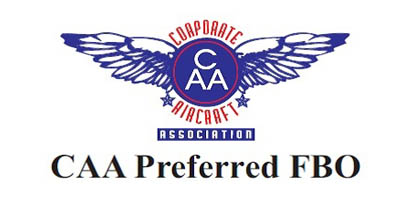If you are looking to buy, rent or operate or own a jet, knowing how to store it is crucial. We take a look at your hangar rental cost.
The $40 billion private jet industry is set to grow at an unprecedented rate of 5.22% per annum.
Are you considering getting on board with this ongoing boom in private jet travel? Finding the right set of wings is only the first thing you need to think about while considering your options.
As a jet owner, you’ve got a lot of things to take care of, and most of them relate to the time it spends on the ground. Hangar rental is one way to ensure your aircraft stays secure and ready to fly.
Keep reading to find out how your hangar rental cost pays for itself over time.
Your Options For Storing a Plane
Finding somewhere to keep your aircraft is one of the major expenses attached to owning a plane, and a hangar is your best option.
These large buildings play a crucial role in keeping airplanes secure and safe from the elements, and they also play a vital role in plane maintenance, manufacturing, and repair.
You can either build, buy, or rent a hangar for this purpose.
Steel is the most common material used for hangar construction due to its superior durability and strength. Aluminum is sometimes used due to its corrosion-resistant, lightweight properties.
Lately, low-maintenance concrete designs are making an appearance, too, but they’re the most expensive option of all.
If you opt to build a hangar, you can expect to pay between $15 and $100 per square foot and wait up to three months until it’s ready for occupation. Buying a hangar can cost anything between $30,000 and several million dollars.
When you own a hangar, you’re also responsible for ongoing costs, like:
- Utilities
- Hangar insurance
- Maintenance and repair services
- Alarms and security systems
- Cleaning costs
So, it’s not surprising that most airplane owners choose to avoid this high upfront outlay by renting a hangar for a few hundred dollars a month instead.
Breaking Down Hangar Rental Cost
When you rent a hangar or hangar space, the fees you pay include these ongoing costs. You can rent hangar space at an FBO, instead of paying all the costs associated with building a hangar dedicated to one airplane.
Hangar space rental prices and availability vary considerably depending on the time of year and location of the airport. In general, you’ll pay more to rent a hangar at one of the major airports.
These busy centers offer convenient access to some of the country’s top business and leisure destinations, so they’re constantly abuzz with air traffic. Often, you can save by renting a hangar at a smaller airport close to these bustling commercial airline centers.
Some drivers behind the cost of hangar rental include:
- Seasonal demand for the space, e.g. summertime is busier
- The duration of your rental agreement i.e. longer is cheaper
- The Square footage you’re renting
- Whether you need more than one hangar
- Increased costs over holiday periods like Labor Day
Airports, Fixed Base Operators, and private owners rent hangars on a first-come, first-served basis, so don’t take too long deliberating over your options.
The Benefits of Renting a Hangar for Your Airplane
You can rent an outdoor tie-down for your airplane, but this is usually only suitable as a temporary measure. It pays to try and secure undercover storage for your airplane before you buy it, as most airports have long waiting lists for hangar space.
Costs aside, this is what you stand to gain by renting a hangar:
Protection From the Elements
An aircraft hangar protects your private airplane from costly damages caused by hail or the sun’s UV rays. Hail damage can ground a plane and takes a lot of time and money to correct.
While minor hail damage won’t hamper your airplane’s performance, it can greatly impact its resale value.
You can take out insurance against weather damage, but storing your plane in a hangar is one way to avoid the hassle associated with repairs and also means you’ll pay lower insurance premiums.
If your sun’s exterior suffers from sun damage, its resale value decreases considerably. It’s expensive and time-consuming to repaint the exterior of your plane.
Enhanced Safety and Security
It might seem bizarre that criminals would target airplane hangars. It’s not easy to steal a private jet without getting caught.
Yet airplanes aren’t the only valuable items stored in hangars. Thieves usually target fuel and tools when they break into a hangar and may even vandalize your airplane on the way out.
The cost and inconvenience of one of these incidents warrant hiring security guards or placing security cameras throughout your hangar.
When you rent a hangar, the lessor pays these costs and splits them between their tenants.
Some common hangar security measures include:
Access Control
Access control systems use technology to control and monitor who has access to your aircraft while it’s stored in the hangar.
Unauthorized personnel can’t access these facilities and if something goes wrong, it’s easy to determine who was at the scene of the crime.
CCTV Surveillance
CCTV systems are an effective way to monitor activities inside and around the aircraft hangar. They’re also a major deterrent for thieves and vandals.
These cameras can also reveal gaps in your security systems, allowing you to correct these as soon as possible.
On-site Security
Professional security guards are a proactive security measure that can prevent breaches and apprehend those involved to prevent further incidents.
They offer a highly personalized solution to your airplane security needs.
Alarm Systems
A good alarm system provides an additional layer of security when there’s nobody around or in between security guard patrols.
Alarms are an actionable way to prevent unauthorized access to your hangar and an early warning system when something does go wrong.
The work on motion sensors, door access protocols, and control panels linking to a centralized computer system.
Increased Privacy and Extra Features
A private hangar offers enhanced privacy for private jet owners and travelers, like celebrities or prominent public figures.
When you’re embarking on private travel from one of these secure locations, you never have to fight your way through crowds or disclose your next location.
If you rent hangar space at a private FBO, you’ll also get to enjoy a suite of extra facilities to enjoy in private. These include:
- Lounges
- Restaurants
- Business centers
An FBO is a natural progression from all the benefits of owning or hiring a private jet and amplifies your travel experience accordingly.
Choosing a Place to Store Your Private Jet
Regardless of whether you choose to store your private airplane at a public airport or an FBO, there is a slew of things you need to consider before deciding on your ideal hangar rental.
These include:
Frequency of Use
It only makes sense to store your airplane close to the destination you depart from most frequently. Usually, this is the airport closest to your home or business headquarters.
If you have branches in many cities, you’ll need to consider who uses your business jet most frequently and keep your airplane close to their departure point.
Bearing in mind that the major airports charge more for hangar services, it’s beneficial to choose a cheaper hangar located outside a major center if you don’t use your aircraft very often.
Driving a little further to board your plane isn’t a big issue if you fly infrequently, and you’ll save money on airplane storage costs at a smaller center.
Bear in mind that you’ll pay extra for almost everything if you choose a remote base for your airplane, including transporting fuel and moving it to a central location for maintenance or repairs.
Your plane’s location may also affect the cost and appeal of charter flights if you decide to hire your plane out for this purpose.
Size and Space Capacity
Often, you can rent hangar space inside a larger building instead of hiring an entire hangar for one aircraft. One of the things to consider if you go this route is the time involved in moving airplanes in and out of hangars.
If your jet occupies a space at the back of the hangar, it takes time to move those in the front out of the way before you leave. So, your choice of parking space also depends on how frequently you intend to fly.
These are the most common hangar sizes available nowadays, depending on the tail height and wingspan of your aircraft:
Small Hangars (20ft x 40ft)
Small hangars suit ultralight aircraft, like motor gliders or the Quicksilver MX series. These small aircraft rarely need a hangar of their own and can fit comfortably alongside other aircraft in a larger hangar.
Mid-Sized Hangars (40ft x 80ft)
Mid-sized hangars accommodate small planes that a single person can maneuver. These include light sport aircraft like the Cessna 162 Skycatcher and the Piper PA-28R Arrow.
Large Hangars
Large hangars suit long, heavy planes that require two to four people to move them around inside the hangar. These include floatplanes, seaplanes, Beechcraft Bonanzas, Cessna 172s, and helicopters.
Extra Services and Facilities
All aircraft need ongoing maintenance to undergo pre-flight checks and requirements. The best storage facilities have separate maintenance hangars and experienced technicians on-site to maintain your plane according to the highest standards.
They use approved parts and qualified personnel according to strict FAA regulations. So, you never need to worry about passing your next inspection, or the safety of your passengers and crew.
Once you know your basic requirements, you can start to compare prices from private and public airports, as well as Fixed Base Operators.
Be sure you’re comparing apples to apples during this process. A higher price might come with additional cost-saving benefits.
Why Choose an FBO?
The biggest benefit of keeping your airplane at an FBO facility is saving on the cost involved with building, buying, and maintaining a hangar.
You don’t have to search for, vet, and hire security personnel and onsite workers to move your plane as needed. An FBO already has tried and tested employees in place to see to your every need.
Often, they operate around the clock for your ultimate convenience and peace of mind.
When you sign an airplane hangar rental agreement with an FBO, you’re likely to enjoy a few additional benefits, too. These include fuel discounts, no handling fees, and innovative rewards programs.
It’s vital to choose an FBO with fuel rights, otherwise, you’ll need to pay extra for fuel supplied by another onsite operator.
Some FBOs offer an attractive range of extra services to ensure flight crews are comfortable and rested during a layover, including restrooms, and flight-planning facilities.
If you hire your jet out for private travelers, the on-site facilities at a premier FBO ensure they’re well cared for during the experience. These include restrooms, lounge areas, beverage stations, and dining options.
Concierge services can help travelers arrange concierge services, hotel accommodation, sightseeing, and even recreational helicopter flips.
These amenities can make all the difference to travelers considering their options for charter flights and ensure you enjoy repeat business.
Making Private Airplane Ownership Easier
Hangar rental cost is only one of the expenses involved in the complexities of private aircraft ownership. You’ll also need to account for the pilot, maintenance, repair, and fuel costs.
If you want to streamline these responsibilities while protecting your investment and getting value for your money, it’s vital to work with an experienced and accredited FBO. Republic Jet Center is a leading provider of aircraft services in the United States, offering a comprehensive range of options for airplane owners.
We’re located on Long Island, close to the major business and leisure destinations found in New York.
We can assist with airplane hangar rentals, aircraft maintenance, and airplane sales. Get in touch today to discuss your needs.











